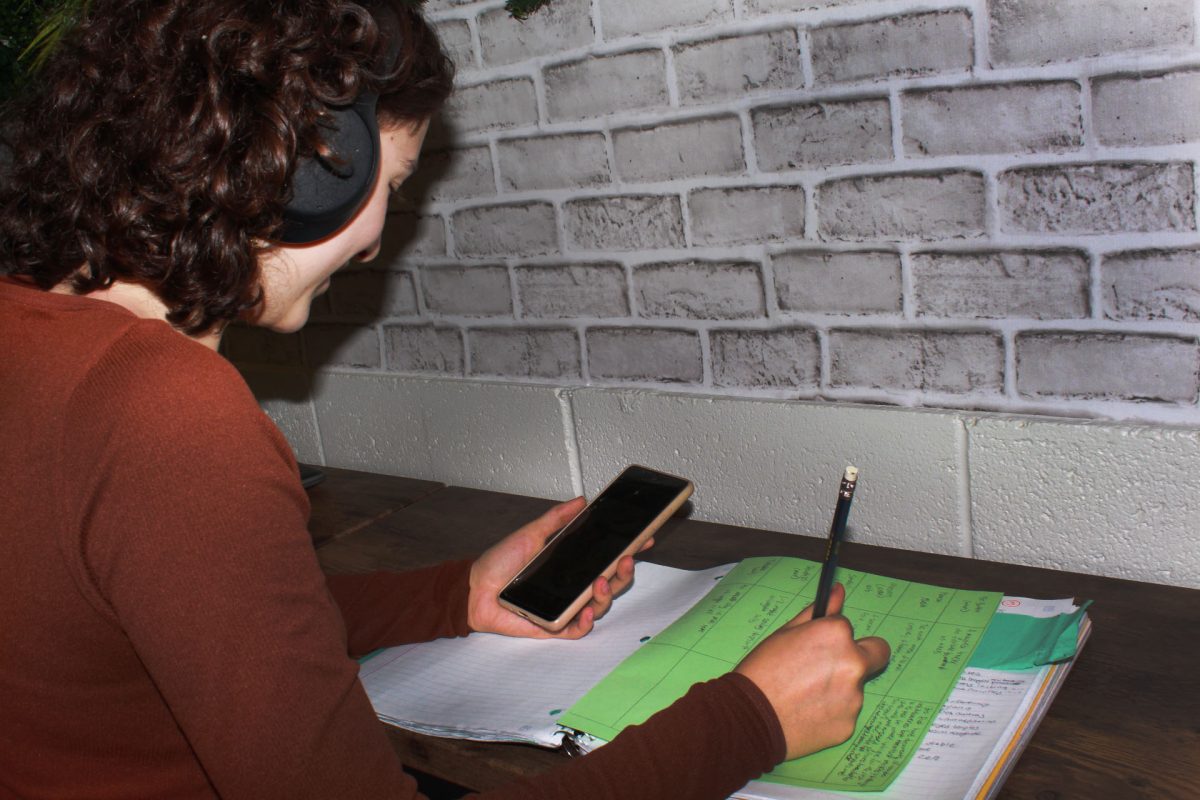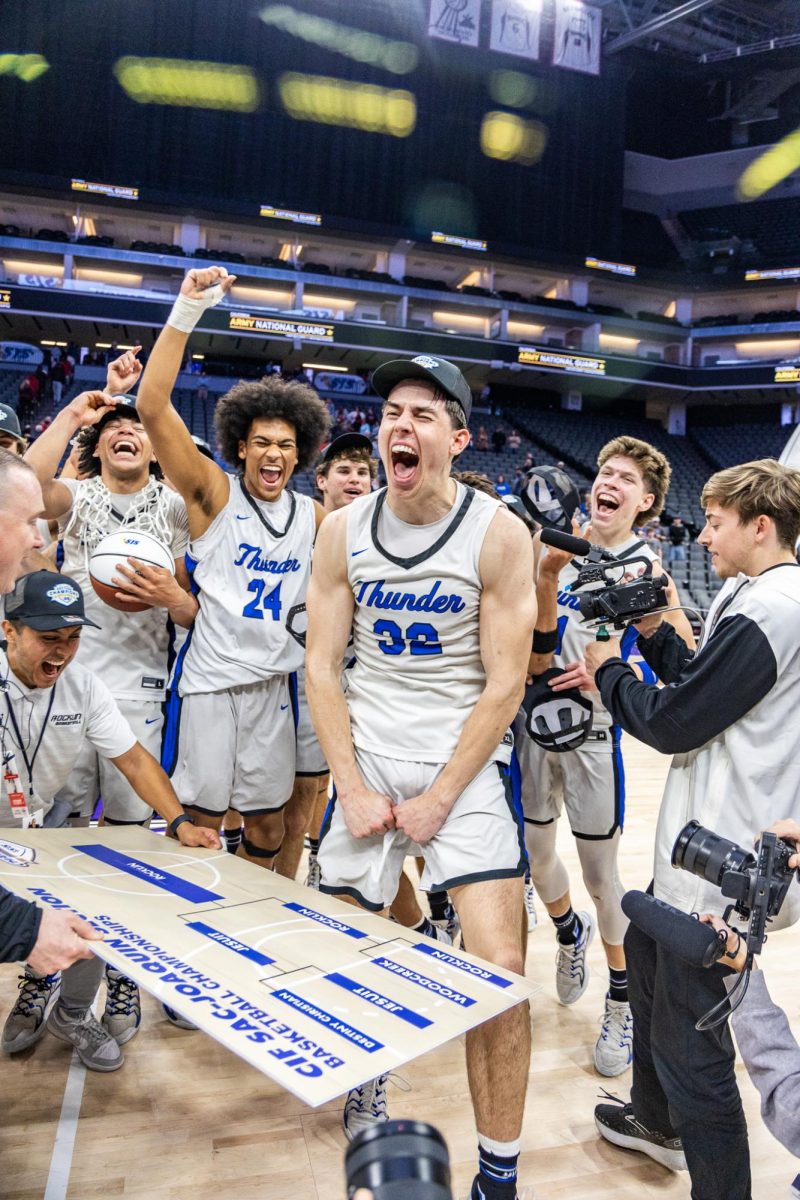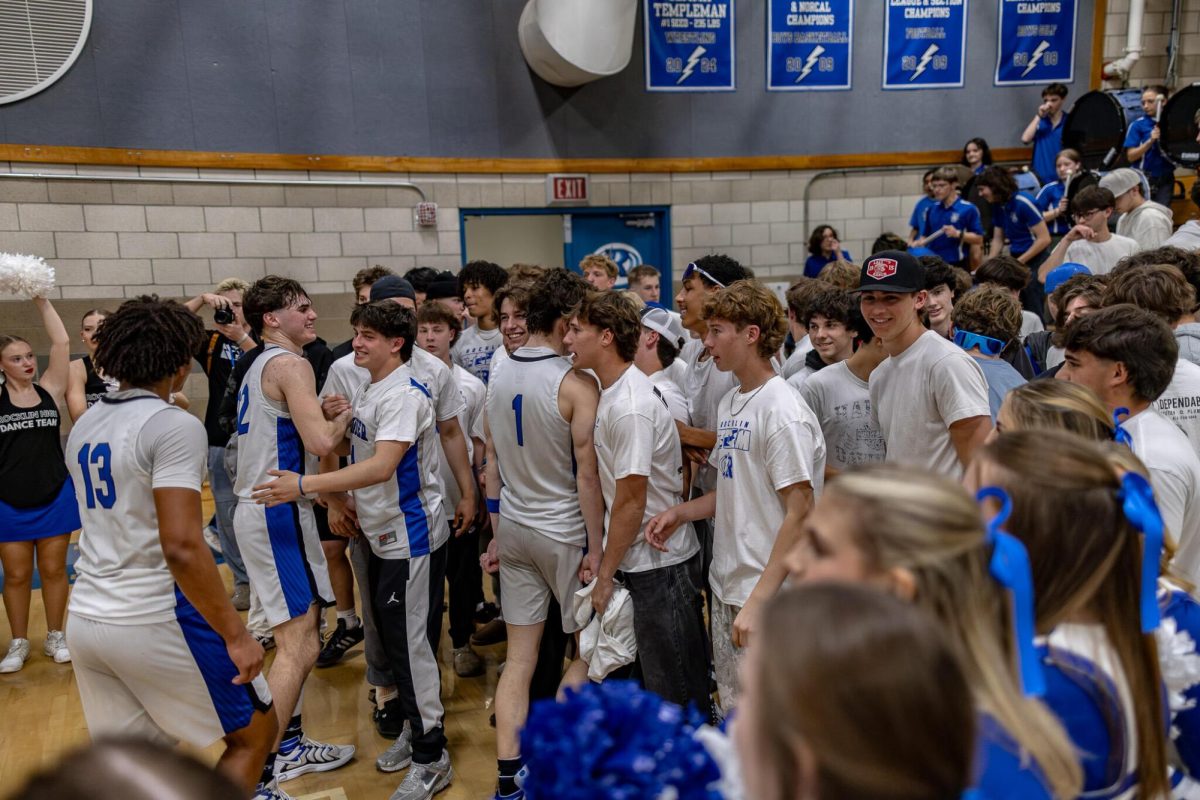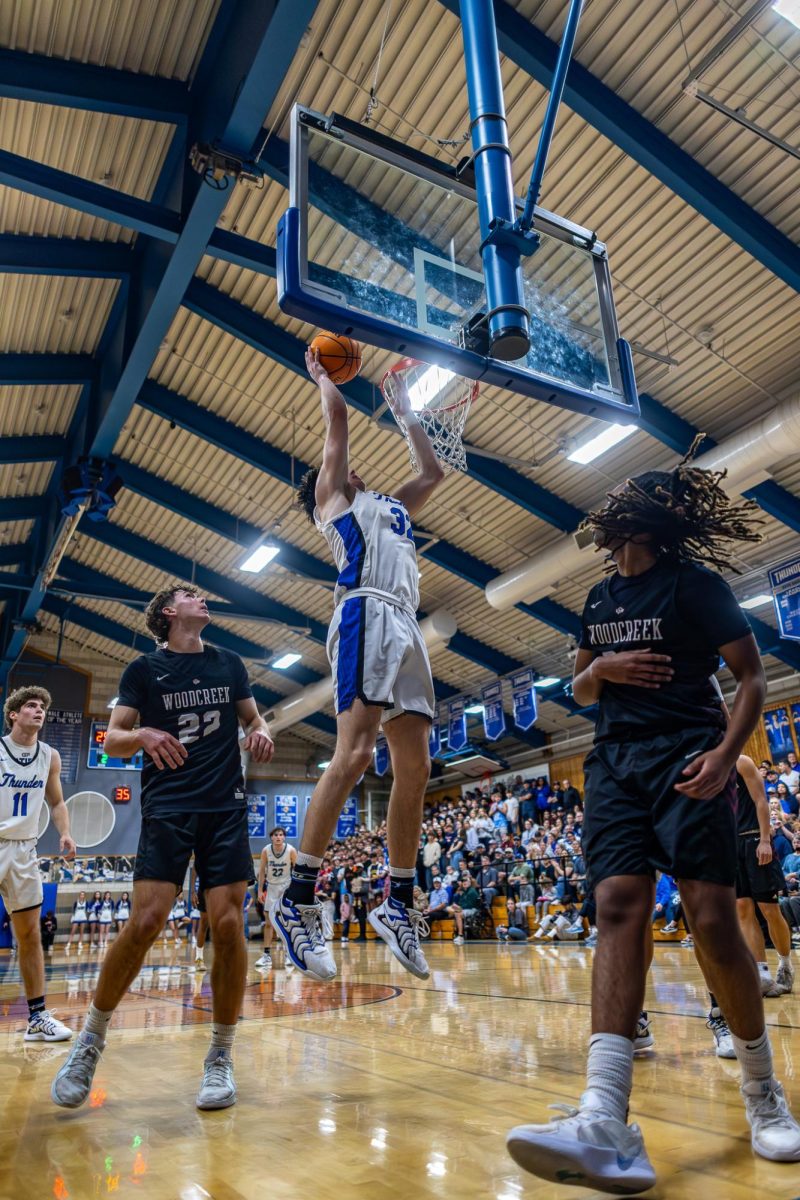Attention spans are shrinking. Right now, the average attention span while using a digital device sits at just 47 seconds. In addition, ADHD is on the rise, increasing by 9% in older children, 11% in adolescents, and 5% in adults. These are not astronomical numbers, but, slowly and surely, attention span is declining.
“Every year it’s getting just a little bit worse,” Rocklin Elementary School teacher Jennifer Bradford said. “There’s this general rule for the amount of time that kids can listen. Basically, an 11-year-old should be able to sustain attention for about 11 minutes. So a five-year-old, five minutes. And I think even though most of my class can probably still do that, every year there’s a wider gap between the kids who can and can’t.”
Why are attention spans getting worse? RHS Positive Psychology teacher Scott Bergemann pointed out one of the more obvious reasons. “I think social media, phones on hand at all times, definitely contributes to the lack of attention,” he said. “We can scroll for pleasure, call whoever we want to, look up whatever you want to, and I think that does take away the quality of boredom, because you don’t necessarily ever have the opportunity to be bored. I think that does degrade attention spans somehow.”
“Every year it’s getting just a little bit worse”
As screens become increasingly prevalent, attention spans will only worsen. Especially, people worry about the effects on younger people who have grown up knowing nothing but screens. For instance, a study found that children from two to four years old spend about two and a half hours on screens every day and that children from five to eight years old spend about three hours on screens each day. Children are growing up in a world where spending time on screens is normalized, a fact further accentuated by the COVID-19 pandemic when children attended school virtually.
Mrs. Bradford believes that students going to school via Zoom impacted attention spans, especially those of younger children. “I’m sure you know that it’s easy when you’re on Zoom to be doing something entirely different. But to the teacher, it still appears as if you’re listening. And so kids were learning kind of early on that it maybe wasn’t necessary or important to give your full attention to a task because we were still giving good grades,” she said.
COVID is not the only thing that impacted attention spans, though. The widespread practice of multitasking is also decreasing attention span because multitasking forces the brain to constantly switch its focus. This makes it harder for the brain to remember and understand information.
However, high school students do not like to think that multitasking is not productive, said Mr. Bergemann.
“I have an argument with almost every single class once a week about multitasking,” he said. “I am of the belief that multitasking is impossible. Freshmen, who I generally teach, and high school students in general, don’t like the idea that multitasking is not possible, because they want to be able to do multiple things at once.” If students are continuing to multitask despite the evidence that it does not work, this could be a factor in their decreasing attention spans.
“Within two minutes, I was on my phone looking at news instead of watching the news program that I had put on. It’s like one thing is not enough.”
However, students are not the only ones whose attention spans are diminishing. Even for people who were not born into the digital age, technology can still erode their attention spans. Mr. Bergemann shared that his own attention span has worsened over time. “Last night, I put a podcast on that was a talk show type thing,” he said. “I put it on the TV when I had some time to myself, and then within two minutes, I was on my phone looking at news instead of watching the news program that I had put on. It’s like one thing is not enough.”
Mrs. Bradford has also seen her attention span change over time. “I don’t watch a ton of TV, I don’t have a ton of social media apps or anything like that. But I do notice that the moment I’m sitting in the car waiting, or if I even have a minute or two where I’m bored, my first instinct is to grab my phone. I didn’t have a phone when I was a teenager, so it hasn’t always been an instinct, but it’s something that I have to be really aware of,” she said.
One can only imagine that if students’ attention spans are worsening, this is going to affect the way they function. One of the ways it could affect students is by making it harder for them to think deeply about material they are learning. Mr. Bergemann said, “I can think back to some of the political cartoons that students created the first or second year I was teaching. They suggested a certain thought process that students were having about the world around them that was pretty impressive, that suggested they must be engaging with the world around them. [They were] thinking about it in a way that students today, I’m not saying they don’t, because they get certain stuff from TikTok and Instagram that is going to be helping you form a perspective on the world, but I don’t know if it’s the same level of depth that I saw eight to nine years ago.”
Changing attention spans are not just impacting students, however. They are also changing our culture. RHS teacher Eric Sturgeon, who teaches both Positive Psychology and AP Psychology, said that the decrease in attention spans “seems to be shaping a culture of instant gratification and pleasure seeking. I think people expect quick answers and struggle with patience.”
Mrs. Bradford also said that changing attention spans can affect patience, especially now that information is so readily available. “Even when I was in college, if I needed information, I had to go to the library,” she said. “[I had to] search for the book, open the book, find the information. We can type in Google and have a credible source pretty quickly for pretty much anything we want to know. Even Amazon Prime, you know, you need groceries, you can have them in two hours without going to the store. Or, you know, you need a pack of socks. It’ll be here tomorrow morning if you pay three extra dollars. All of that is just affecting our patience. We think that we deserve everything right away. And so there’s that lack of understanding that some things are worth waiting for.”
However, once people realize that their attention spans are worsening, it can be difficult to know what to do about it. Mr. Sturgeon said, “I encourage students to do focused work. [It’s also] being mindful of what you do during breaks. Whereas a lot of us will get the urge to scroll and passively pass the time, we need to learn that we’re most creative in those breaks.”
Mrs. Bradford suggested that goal setting could help. “Setting a goal helps us to focus on that goal,” she said. “[Also] just focusing on one thing at a time, not multitasking.” Mr. Bergemann added,“I think that definitely an actionable thing that people could do right now is develop a meditation practice, which I think begins to train the mind and the attention.”






















